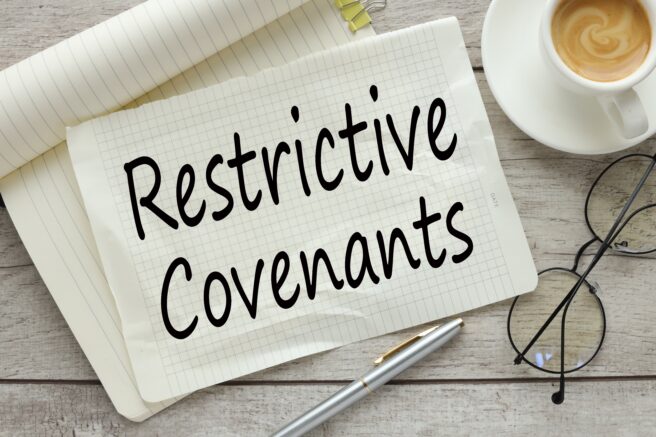
Restrictive covenants are common conditions of zoning approvals. Municipal boards typically require applicants to record restrictive covenants as a condition of approval. These restrictive covenants are drafted to “run with the land,” meaning the covenants automatically transfer with the property.
Generally, restrictive covenants are enforceable in New York, provided they are reasonable and benefit all property owners in the community and are not inconsistent with public policy or violate a property owner’s rights. See, Deak v. Heathcote Association, 191 AD2d 617 (2d Dept 1993) (party seeking extinguishment of the restrictive covenants must prove (1) lack of benefit derived from enforcement of the restriction, and (2) legally cognizable reason for the extinguishment of the restriction under RPAPL 1951, such as “changed conditions” which render the purpose of the restriction incapable of being accomplished). Continue Reading Restrictive Covenants: The Devil Is in the Details…







